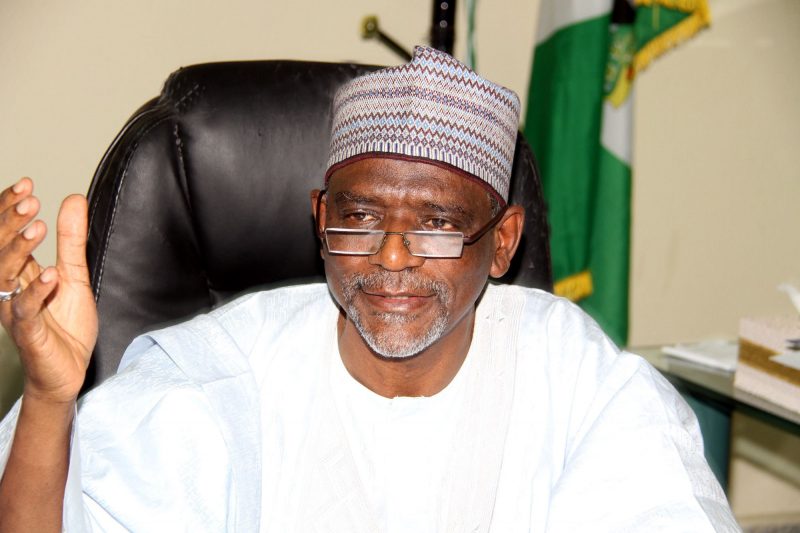The Federal Executive Council yesterday approved a new National Language Policy which makes mother tongue a compulsory medium of instruction from primary 1 to 6.
Addressing reporters, the Minister of Education, Adamu Adamu, said the mother tongue would be used exclusively for the first six years of education; while it would be combined with the English language from Junior Secondary School.
He said the policy which had officially taken effect could only be fully implemented when government developed instructional materials and provided qualified teachers.
He said the mother tongue to be used in each school would be the dominant language spoken by the community where it is located.
Equip yourselves with new trends, HR practitioners urged
FG rolls out enhanced passport in Canada
Adamu said the government pursued the policy to preserve cultures and their peculiar idiosyncrasies as so much had been lost due to the extinction of some local language.
The minister assured that all Nigerian languages are equal and will be treated as such.
He said: “The government has agreed now that henceforth, instruction in primary schools; the first six years of learning will be in the mother tongue.”
According to him, the decision is only in principle for now as it will require a lot of work to implement it.
“Theoretically, this policy starts form today, and the use of mother tongue is exclusive, but we need time to develop the material, get the teachers and so on. “Since the first six years of school should be in the mother tongue, where the pupil is, the language of the host community is what will be used.
“Because we have 625 languages at the last count and the objective of this policy is to promote, and enhance the cultivation and use of all Nigerian languages,” he added.
“Pupils learn much better when instructions are in their own mother tongue at that level. But while getting instructions in their mother tongue, they’ll be taught other Nigerian languages of their choice and they’ll be taught international languages at certain stage: English, French, Arabic, and so on.
“Mother tongue is mother tongue, don’t think when we say mother tongue, pupils will be taught in Hausa, Igbo and Yoruba only,” he further explained.
An educationist, Olasunkanmi Opeifa, in a chat with Daily Trust, described the new language policy as a good development.
“Indigenous languages, especially if it’s the language of the immediate community, will serve as a leveler for all learners. While English would be a subject, instructions on other subjects should be passed across the language of the immediate community,” he said.
Another educationist, Michael Sule, also welcomed the development, but asked: “How many primary school pupils in the cities and towns understand their mother tongues?”
By Muideen Olaniyi & Chidimma C. Okeke

 Join Daily Trust WhatsApp Community For Quick Access To News and Happenings Around You.
Join Daily Trust WhatsApp Community For Quick Access To News and Happenings Around You.


